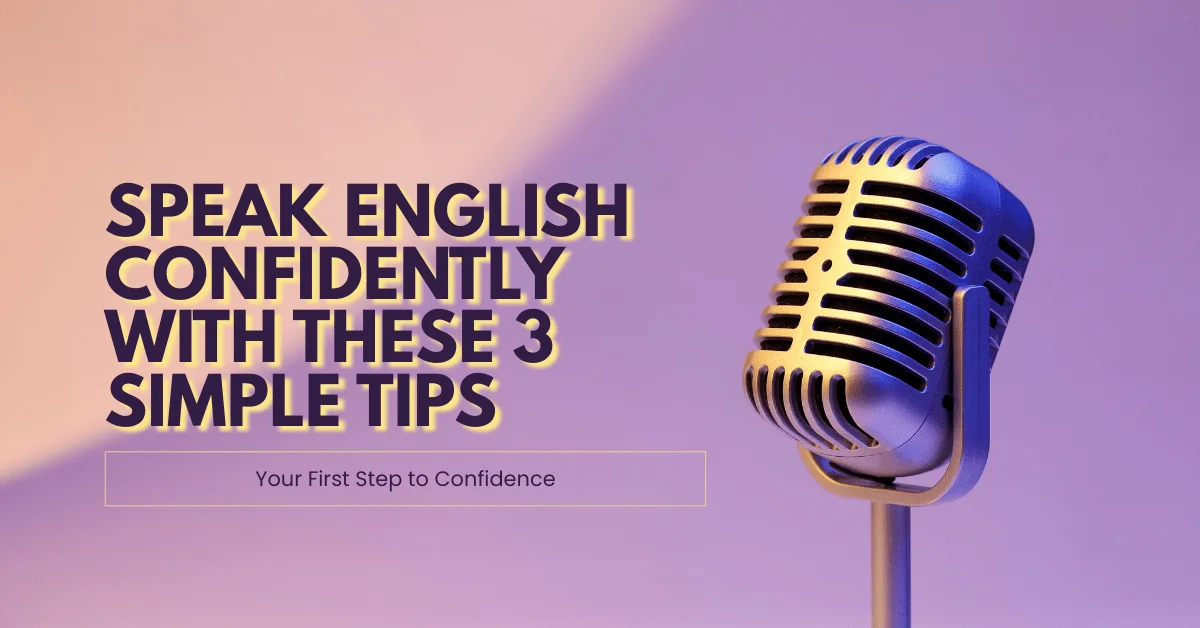Good communication drives personal and professional success. Whether at work or in daily conversations, the way you express yourself shapes how others understand and respond to you
“With English emerging as a worldwide language of opportunity, effective communication has never been more important. From interviews to travel, English connects people worldwide, which is why so many learners seek Communication Tips, speaking apps, and ways to build confidence.”
5 simple yet Better Communication tips that will immediately improve your communication. You’ll also learn why English is important in our life, how consistent practice builds confidence, and why EngVarta App — India’s leading English speaking practice app — is the perfect partner in your learning journey.
1. Listen Actively Before You Respond
The key to good communication lies in listening, not talking.
Active listening helps you understand the message clearly so you can respond appropriately.
Why listening matters:
- It reduces misunderstandings
- It builds trust and respect
- It helps you understand emotions behind words
- It makes conversations smoother and more meaningful
When you listen fully, without interrupting, you show the other person that their thoughts matter. This instantly improves the quality of your conversation — whether it’s a professional meeting or a casual talk.
2. Think Before You Speak
One of the most effective communication tips is pausing for 1–2 seconds before responding. This tiny habit completely changes how people perceive you.
Benefits of pausing:
- You express ideas more clearly
- You avoid filler words (“um…”, “you know…”)
- You speak confidently
- You reduce anxiety or nervousness
- You sound more thoughtful
In English, this is extremely useful. If you struggle to find the right words or feel nervous during speaking, taking that moment helps you frame your thoughts better.
3. Build a Simple, Clear English Vocabulary
Many people think communication improves only when you use “big English words.” This is a myth.
True communication is about simple, clear, and natural English.
This brings us to a common question: Why is English important in our life?
Because English helps us:
- Access global opportunities
- Communicate across countries
- Succeed in interviews, presentations, and workplaces
- Grow socially and professionally
You don’t need complicated vocabulary to do all this. You need practical, daily-use English.
How to learn vocabulary that improves communication:
- Focus on everyday words
- Learn phrases instead of memorizing lists
- Practise new words in real conversations
- Avoid using words you don’t fully understand
This is where an English speaking practice app like EngVarta becomes extremely effective. It helps you use vocabulary naturally — not forcefully.
4. Practise Daily, Even for 10 Minutes
Communication is a skill. Just like any skill, improvement comes through practice.
Reading grammar books won’t make you a better speaker. Watching videos alone won’t build fluency.
You become confident only when you speak every single day.
That’s why a daily English conversation app is so helpful. Even 10–15 minutes of guided speaking practice every day leads to:
- Better fluency
- More confidence
- Faster thinking in English
- Improved sentence formation
- Reduced fear or hesitation
The EngVarta app gives you real conversations with live English experts who guide you step-by-step, making practice simple and effective.
5. Seek Guidance and Feedback from an Expert
You can’t improve communication alone.
Everyone needs someone who listens, corrects gently, and guides them.
Why expert guidance matters:
- You learn your mistakes
- You understand what to improve
- You build confidence faster
- You practise real-life conversations
- You gain the courage to speak without fear
This is exactly what EngVarta provides — a safe, supportive space where you speak with real English experts who help you improve naturally.
👉 Connect with EngVarta on Social Media
📸 Instagram : 👉 https://www.instagram.com/engvarta.app/
▶️ Youtube : 👉 http://www.youtube.com/@EngVarta
🅕 Facebook: 👉 https://www.facebook.com/engvarta
🔵 LinkedIn: 👉 https://www.linkedin.com/company/engvarta
Why EngVarta Is Better for Developing Communication Skills
EngVarta is not just another learning app—it is a real communication practice platform.
Unlike apps that focus mainly on grammar or vocabulary lessons, EngVarta focuses on actual speaking, which is the core of communication.
With EngVarta App, you get:
- One-on-one conversations with a live English expert
- Real-life speaking practice (office, interviews, daily talks)
- Instant feedback and corrections
- Confidence-building through regular interaction
- A simple and flexible learning experience
This human interaction and personalized guidance make EngVarta far more effective than traditional apps for improving communication.
For Regular English Practice with Expert: Download EngVarta Mobile App
Conclusion
Good communication is not about perfect grammar. It’s about expressing your thoughts clearly. When you listen carefully, pause before speaking, use simple words, practise every day, and learn from experts, your confidence develops naturally.
If you are serious about improving your communication skills, especially in English, the EngVarta app gives you the simplest, fastest, and most practical path to follow.
Frequently Asked Questions (FAQs)
|






